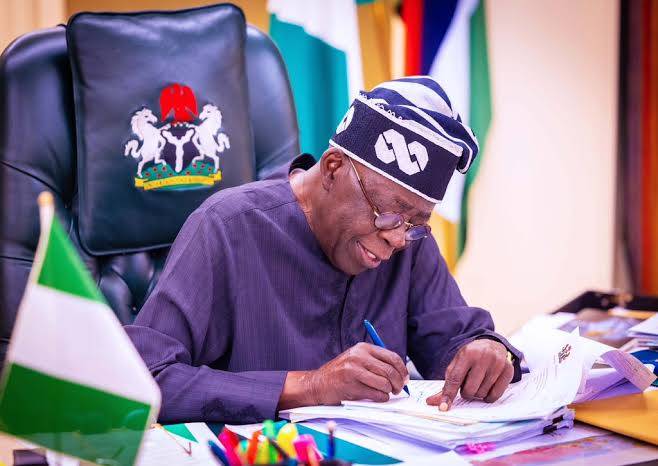Federal Executive Council (FEC) Approves $2.2 Billion External Loan For National Growth - Edun
The Federal Executive Council (FEC) of Nigeria has approved a $2.2 billion external borrowing plan to finance critical infrastructure projects and bolster economic development efforts. This decision was disclosed by the Minister of Finance and Coordinating Minister of the Economy, Mr. Wale Edun, after a recent council meeting.
The borrowing plan aligns with the government’s commitment to addressing pressing infrastructure deficits while stimulating economic growth. According to Mr. Edun, the funds will be directed toward key projects in energy, transportation, education, and healthcare, among other sectors, in line with the administration’s agenda for sustainable development.
Mr. Edun emphasized that the borrowing plan is part of a broader fiscal strategy to unlock the economy’s potential. He acknowledged concerns about Nigeria's rising debt profile but assured stakeholders that the government is adopting a prudent and transparent approach.
“The decision to borrow externally is not taken lightly. It is guided by the imperative to invest in projects that have high economic returns, ensuring they contribute to GDP growth and enhance the quality of life for Nigerians,†Edun stated.
He further explained that the terms of the borrowing were carefully negotiated to minimize costs and ensure favorable repayment terms. The loans will be sourced from multilateral and bilateral lenders such as the World Bank, African Development Bank, and other development partners.
The borrowing plan is expected to complement the government’s push for economic diversification, particularly by investing in non-oil sectors. Nigeria has long been reliant on oil revenues, a dependency that exposes the economy to volatility in global oil markets.
Key projects to be financed include expanding renewable energy capacity, modernizing transport infrastructure, and improving healthcare access. These initiatives aim to foster job creation, enhance productivity, and drive sustainable development.
Nigeria’s public debt has been a subject of debate among policymakers, economists, and international observers. Critics argue that excessive borrowing could burden future generations, while proponents assert that debt-financed investments are necessary to close critical infrastructure gaps.
Edun assured the public that the government is committed to maintaining fiscal discipline. He pointed to ongoing efforts to increase domestic revenue mobilization, such as expanding the tax base and curbing leakages in government revenue.
“We understand the importance of balancing our borrowing needs with sustainability. This administration is committed to implementing fiscal reforms that reduce dependency on debt over time,†he added.
The FEC’s approval has drawn mixed reactions from stakeholders. While some applaud the move as a step toward addressing Nigeria's development challenges, others express concerns about the country’s rising debt burden and its potential implications for economic stability.




No comments yet
Be the first to share your thoughts!